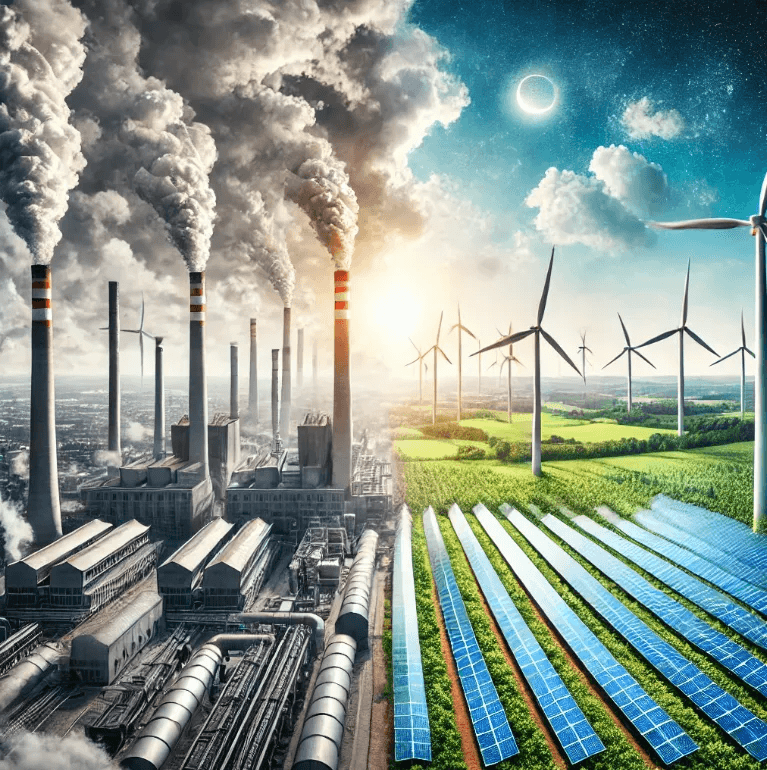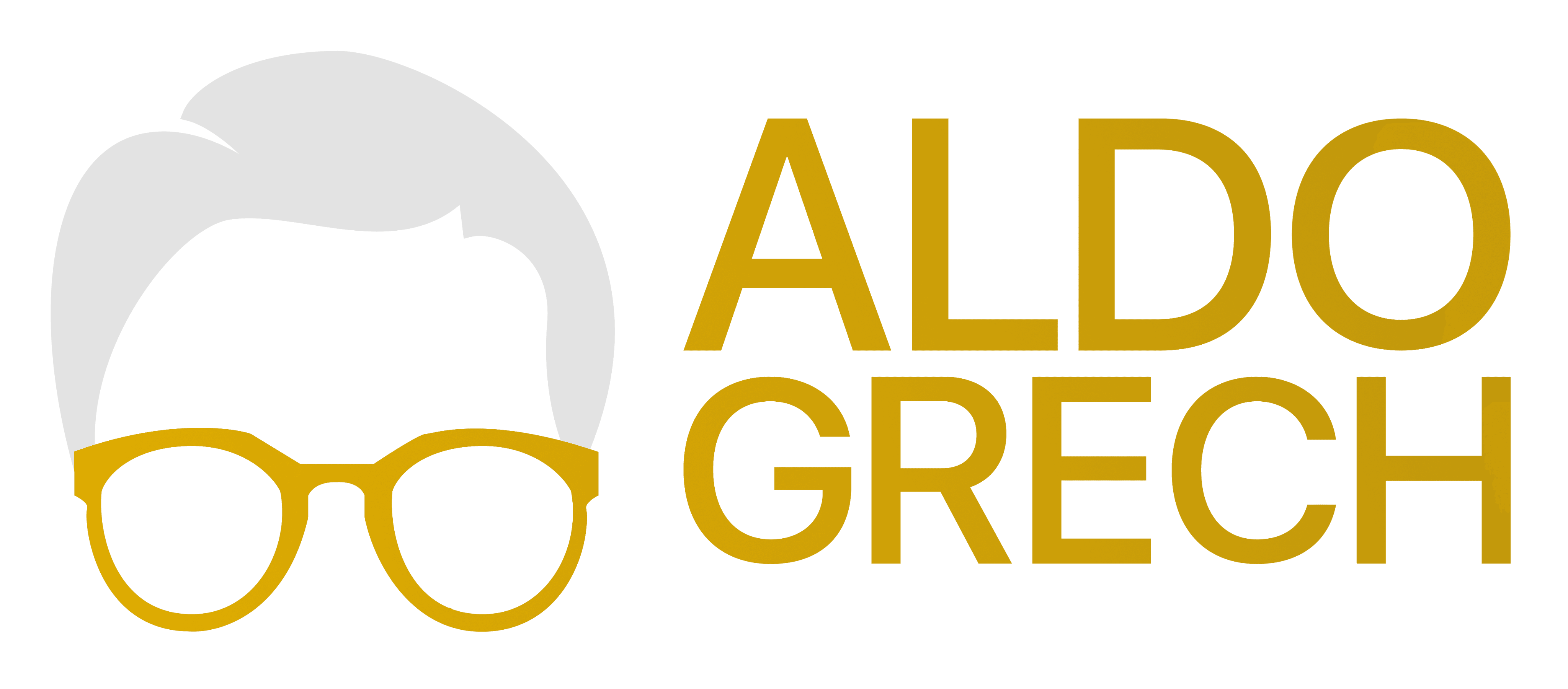All
Sustainability
€50/MWh for Renewables or €140/MWh for Nuclear
Jan 26, 2025
Germany is facing an industrial crisis, with rising energy costs and economic challenges putting pressure on businesses and households alike. However, a significant misconception is taking root: that the crisis stems from Germany’s transition to renewable energy. This oversimplification not only misrepresents the facts but also diverts attention from the true causes of the country’s economic difficulties and problems cannot be solved with a head in the sand or by addressing the wrong problems. Let’s break down Germany’s energy production, distribution, and pricing to separate fact from fiction.
Understanding Germany’s Energy Production
Germany’s energy mix has undergone a dramatic transformation over the last two decades. As of 2025:
Renewables dominate, accounting for over 46% of electricity production. Wind and solar lead the way, supported by hydropower and geothermal energy.
Coal and natural gas are steadily declining but still contribute to the energy mix as backup sources.
Nuclear energy was completely phased out by 2023, reflecting public opposition and concerns over waste management and catastrophic risks.
The shift to renewables has reduced Germany’s reliance on imported fossil fuels, enhanced energy security, and driven innovation in decentralized energy systems. However, these gains are often overshadowed by misattributed blame for rising energy prices.
The True Drivers of High Energy Prices
Electricity prices in Germany are among the highest in Europe, but renewables are not the primary cause. The real drivers include:
Taxes and Levies:
The now-reduced EEG surcharge funded Germany’s initial renewable energy rollout.
VAT and other taxes contribute significantly to household electricity bills.
Grid Costs: Investments in modernizing and expanding the aging grid have increased short-term costs. These upgrades are critical for long-term sustainability and reliability.
Fossil Fuel Subsidies: Germany spends approximately €37 billion annually on fossil fuel subsidies, often hidden in general taxation. This artificially lowers the price of fossil fuels while distorting the true cost comparison with renewables.
Global Energy Market Volatility: High natural gas prices following geopolitical conflicts and supply chain disruptions have driven up costs for both households and industry, further exacerbating the crisis.
Blaming renewables ignores these significant contributors and misleads the public.
Germany’s Decentralized Generation Model
Germany has pioneered a decentralized generation (DG) model, which prioritizes local energy production and consumption. This model:
Encourages small-scale renewable installations, such as rooftop solar and community wind farms.
Reduces transmission losses by generating energy close to where it is consumed.
Promotes energy democracy by enabling citizens to participate in energy markets through cooperatives and local ownership.
Despite the success of this model, feed-in tariffs (FiT) for small producers have been reduced over time. Germany’s FiT rates (currently around €0.08-€0.10/kWh for rooftop solar) are fair compared to international standards but reflect the maturity of its renewable energy market.
The Cost of a Nuclear Future
Some propose nuclear energy as a solution to Germany’s industrial crisis, claiming it would lower costs. However, this claim doesn’t hold up to scrutiny:
Construction Costs: Building new nuclear power plants in Europe costs €10-€15 billion per reactor. Even without overruns, the upfront investment is immense.
Levelized Cost of Electricity (LCOE): Nuclear energy’s LCOE is estimated at €110-€140 per megawatt-hour (MWh), far exceeding the €50/MWh for wind and solar. This disparity would make electricity more expensive, not less. This does not include the cost of storage and insurance of millennia of storage of spent nuclear rods.
Delays and Overruns: Projects like Hinkley in the UK, Flamanville in France and Olkiluoto in Finland show delays and cost overruns are the norm, with final costs doubling or tripling initial estimates.
Taxpayer Burden: Nuclear projects require heavy subsidies, shifting financial risks to taxpayers while offering minimal short-term relief for industry or households.
Returning to nuclear would likely exacerbate the cost burden while delaying the transition to a sustainable energy future, further extending the use of Fossil Fuels.
The Role of Industry in the Crisis
Germany’s industrial crisis is not solely about energy prices. Other key factors include:
Global Competition: Rising competition from low-cost producers in Asia.
Automation and Digitalization: Industries struggling to adapt to technological shifts.
Policy Uncertainty: Delays in implementing clear industrial and energy policies have created investment hesitancy.
While energy prices add to the pressure, they are not the sole or even primary driver of industrial challenges.
The Benefits of Renewables for Germany
Rather than being the problem, renewables are part of the solution:
Lower Wholesale Prices: Renewables reduce wholesale electricity costs through the Merit Order Effect, displacing expensive fossil fuels.
Energy Independence: Renewables reduce reliance on volatile global markets for fossil fuel imports.
Job Creation: The renewable sector supports hundreds of thousands of jobs, fostering economic growth.
Conclusion
Germany’s industrial crisis is real, but conflating it with the energy transition is misleading and counterproductive. High electricity prices are driven by taxes, grid costs, and fossil fuel subsidies—not renewables. Proposals to return to nuclear energy ignore its immense costs and risks, offering no realistic path to lower energy prices.
Renewables remain the most cost-effective, sustainable, and forward-thinking solution to Germany’s energy needs. Addressing the industrial crisis requires a broader approach, including policy clarity, investment in innovation, and a fair energy pricing system that reflects true costs. By continuing to lead in renewable energy, Germany can secure its economic and environmental future without falling for the false promise of nuclear energy.




